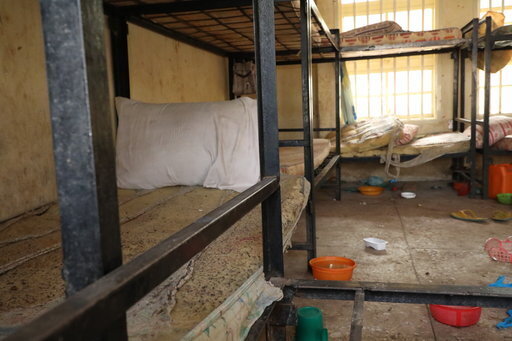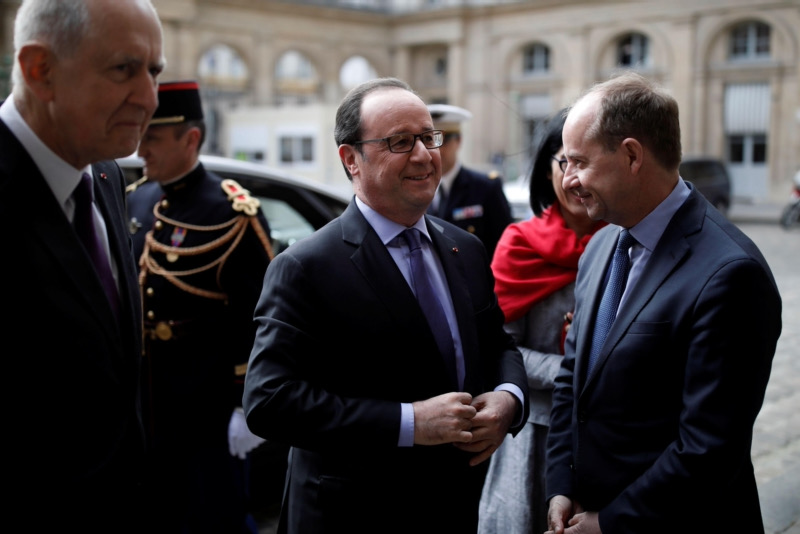Jean-Marc Sauvé, a respected retired judge who heads the commission, gave the projected total during a news conference on Tuesday. The projection, which had been reported in the media in recent days, was a jump from his announcement last June of “at least 3,000” cases. Sauvé confirmed this was his estimate but said researchers still had more archives to work through.
Participants said it helped them better understand the abuse scandal and examine what obligation they had for crimes committed decades ago. Church leaders have said victims deserved some financial reparation from them, but left details until later.
For three days, the bishops heard testimonies of about 30 persons, among them abuse victims and pastoral workers, and watched a stage play about abuse.
Participants said the Church could show solidarity with victims without assuming legal guilt for acts they had no part in, a key point they discussed with Henry Rousso, a leading historian of 20th century France.
“We cannot be responsible for acts committed by clerics in their personal criminal responsibility, but we have to answer to the victims of these acts,” Rouen Archbishop Dominique Lebrun told Radio France. “The Church is responsible. Not guilty, but responsible.”
The reparation issue was left for the bishops’ spring assembly on 23-26 March. Critics asked why they wanted to decide on a lump sum of damages before the independent commission on abuse presents its report in October 2021.
“Why announce in March major decisions that will ‘commit the Church in France for several years’ even before the report of the Sauvé commission that you yourselves created to ‘tell the truth’ and give an opinion and recommendations?” asked a tweet under the account “The Parishioner”.
Activist victim Jean-Pierre Sautreau, who has just published a book about the crisis, said the problem was that “95 per cent of the abusers have died. These facts are statute-barred, and the moral responsibility for these crimes falls on the Church,” he told Sud Radio.
The victims’ group Faith and Resilience urged the bishops to wait until their following assembly in November. There were several reparation models under discussion, including a base payment with extra funds for especially serious cases.
“We hope they will not move too quickly,” a group member named Brigitte told the weekly La Vie. That report “will be like a tsunami that we must know how to receive, all together, because it will force us to open our eyes to the realities of the abuse crisis”.



 Loading ...
Loading ...